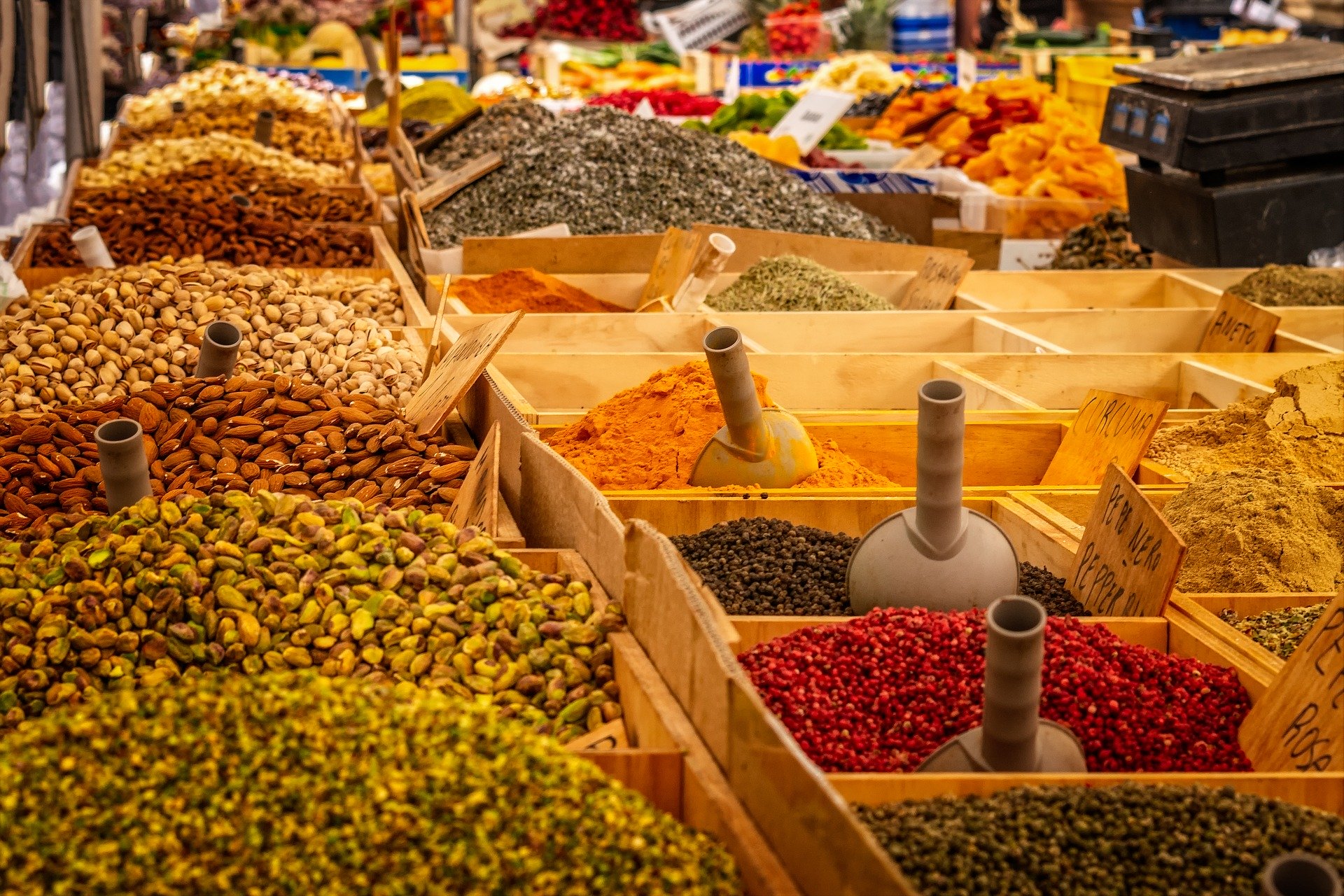India has long been renowned for its rich agricultural heritage and vibrant spice culture. In recent years, its vegetable and spice exports have witnessed significant growth, making a remarkable impact on global trade. This article explores the flourishing vegetable and spice export industry in India and examines its influence on the global trade landscape.
- Abundance of Agricultural Diversity: India’s diverse climatic conditions and fertile land provide a favorable environment for the cultivation of a wide range of vegetables and spices. From aromatic spices like cumin, turmeric, and cardamom to an array of vegetables including onions, tomatoes, and okra, India boasts an abundant variety that caters to diverse global culinary preferences.
- Competitive Advantage in Production and Quality: Indian farmers, with their traditional knowledge and expertise, have mastered the cultivation techniques for vegetables and spices over generations. This expertise, coupled with low production costs, enables India to offer competitive pricing in the global market. Moreover, Indian spices are renowned for their distinct flavors, aromatic profiles, and high-quality standards, further enhancing their demand worldwide.
- Growing Export Market: The export market for Indian vegetables and spices has been expanding rapidly. With increasing demand from countries around the world, including the United States, the United Kingdom, the Middle East, and Southeast Asia, India has emerged as a key player in the global spice and vegetable trade. The country’s export-oriented policies, streamlined logistics infrastructure, and adherence to international quality standards have contributed to its success in capturing a significant market share.
- Economic Impact: The export of vegetables and spices has not only bolstered India’s agricultural sector but has also had a positive impact on its economy. The revenue generated from these exports contributes to foreign exchange earnings and promotes rural livelihoods, supporting the economic growth of the country. Additionally, the sector has created employment opportunities along the entire value chain, from cultivation to processing and packaging, further boosting the overall economy.
- Influence on Global Cuisine and Food Industry: Indian spices and vegetables play an integral role in global cuisine, adding flavor, aroma, and distinct characteristics to various dishes. The availability of high-quality Indian spices and vegetables in the international market has transformed the culinary landscape, enabling chefs and food enthusiasts worldwide to explore and incorporate authentic Indian flavors into their creations. This influence has contributed to the growth of the global food industry and the diversification of culinary experiences.
Conclusion: India’s vegetable and spice exports have significantly impacted global trade, leveraging the country’s agricultural diversity, competitive advantage in production, and growing export market. The economic benefits, coupled with the influence on global cuisine and the food industry, highlight the importance of India’s contribution to the international spice and vegetable trade. As demand continues to rise, India’s role in shaping the global culinary landscape is poised to grow, further solidifying its position as a key player in the global trade of vegetables and spices.

